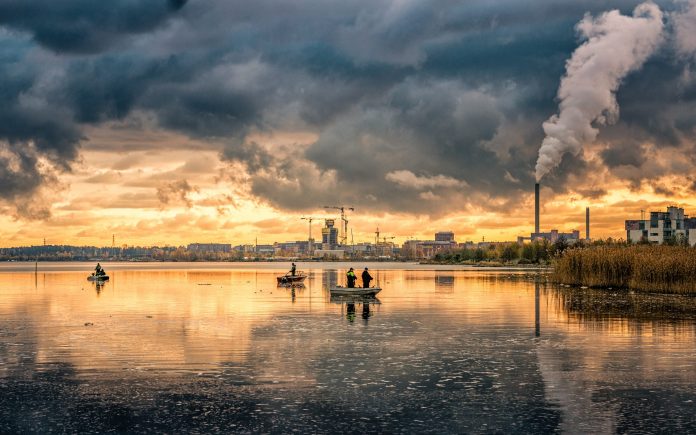
By: Luke Faulks, Staff Writer
Oceans are one of the planet’s largest carbon repositories, after forests. Largely thanks to phytoplankton, oceans absorb roughly a quarter of CO2 emissions every year. However, excess emissions caused by the burning of fossil fuels are changing the chemical make-up of the seas. This “ocean acidification” is an issue that’s occurring out of sight and mostly out of the public’s attention. That needs to change.
Ocean acidification is a process making oceans more acidic, due to the absorption of CO2 into water. Since 1850, the ocean has become 26% more acidic; a shift so fast and so substantial, its rate of change exceeds that of any time in the last 55 million years. The result is an increasingly uninhabitable ocean, particularly for bivalve shellfish and coral whose shells and skeletons begin to dissolve.
Shellfish like oysters, clams, and mussels play an important role in filtering out sediment and disease from ocean waters. The reduction in bacteria benefits the fish and marine mammals in nearby waters, and the decreased sediment allows light to reach plants on the seafloor, helping grow a better habitat for local fauna.
Reefs act to reduce the effects of extreme weather events and flooding due to sea level rise. It’s estimated that nearly 200 million people depend on coral reefs to keep their homes, business, and lives free of the worst storm surges and waves. All that goes out the window if coral reefs die off.
While species like algae and seagrass may benefit from an ocean that’s more saturated with carbon, scientists agree that the vast majority of impacts will be detrimental. Harmful algae blooms in particular are more prone to occur with an acidic ocean, contaminating farmed seafood and disrupting the environmental food chain. It’s now been shown that juvenile fish and crabs may have trouble adapting to increasingly acidic oceans, further unbalancing the food chain.
Ecological impacts aside, there are also economic concerns. With much of the Canadian East coast being employed by the fish industry, detriments to ocean health translate directly into tens of thousands of jobs lost. It’s naive, at best, to believe a change in the ocean’s pH and food chain would leave the fishing industry unaffected. According to a 2013 study, changes in the ocean’s pH could result in a sharp decline in the mollusk, echinoderm, and coral population, which in turn would prompt a loss of habitat and food for fish of all sizes. Whether you’re more concerned for the well-being of the environment or for your end-of-year tax return, you should be paying attention to ocean acidification.
While acidification has generally been an issue that people have struggled to connect with, it’s starting to show up in our daily lives. Shoreline flooding, seafood scarcity, and dirtier oceans are issues that aren’t going to get any better. It’s time to start looking harder at ocean acidification as an unfolding environmental catastrophe rivaling land-based climate impacts.





































